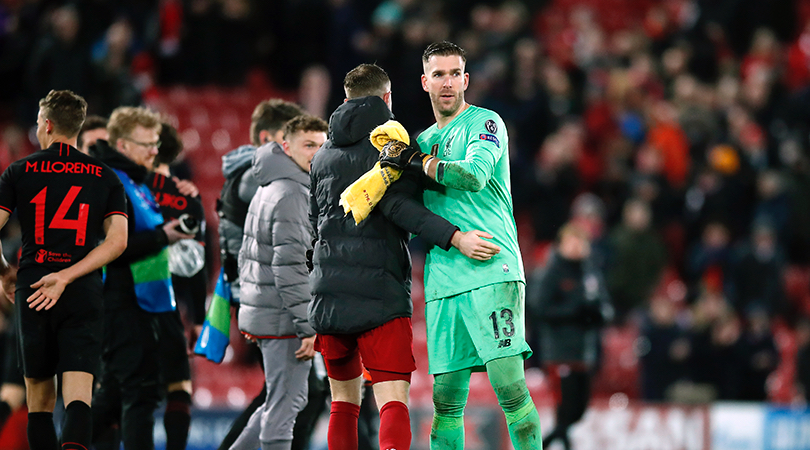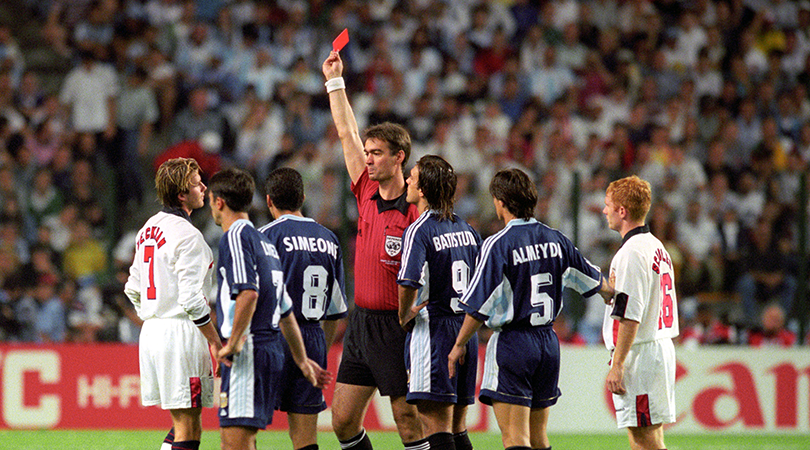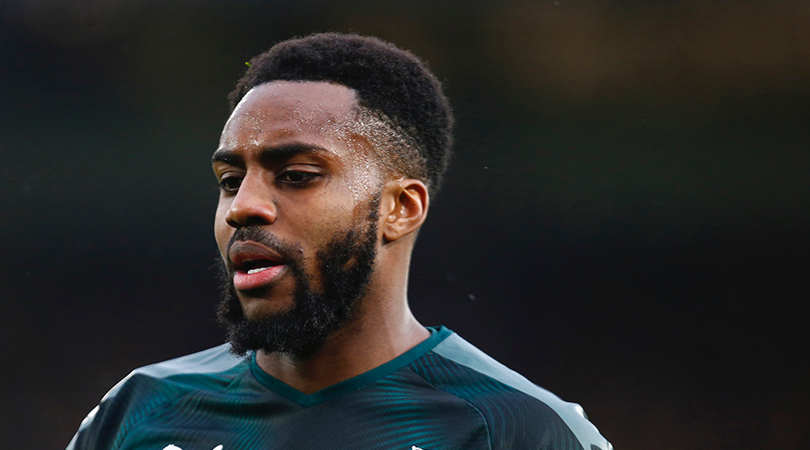Adrian's mistakes in Liverpool's Champions League exit highlights darker side of football fandom
Social media reaction to Adrian's costly error has gone too far - but nobody is surprised

Liverpool’s defeat to Atletico Madrid on Wednesday night was reduced to a tale of two goalkeepers. The reliable excellence of Jan Oblak and the less impressive contribution of Adrian: it’s one of those simplifications that modern football seems to do particularly well and, unfortunately, far more often than it used to.
Heroes and villains. Scapegoats. These are themes which have existed for as long as the game has been played. They’re hardly new in English football, of course, with even the narrowest contexts providing plenty of examples. Think of the snide way that Bobby Robson was treated during his time as England manager. Or the poisonous behaviour suffered by his successor, Graham Taylor.
Four years later came the most famous recent example: the long vilification of David Beckham. The burning of effigies and the chants wishing illness on his children. Given the severity of those instances and the damage inflicted upon the individuals involved, it can hardly be claimed that the problem has grown more worse over the past few decades.

What is different, though, is the regularity of the behaviour and how little provocation it seems to require. Whereas before that kind of victimisation used to be reserved for failure on a much larger scale, now the same anger is almost a weekly occurrence. What’s telling perhaps, is that anybody scanning the mentions of Adrian on social media on Thursday morning wouldn’t have been even the slightest bit surprised at what they found. This is just what happens now. Be less than perfect and the price is to incur a shower of rage.
It doesn’t matter whether those grenades at being lobbed directly at a player. It's not even important whether he's aware of how he's being discussed. Instead, it's the negative energy which is remarkable - the willingness to put a name to abuses at the slightest opportunity.
Why is that?
Perhaps – tenuously – there’s a link to football’s contemporary shape. It’s probably not a coincidence that this behaviour tends to be authored by supporters of the biggest clubs and, generally, by those who watch from a sofa rather than a stadium seat.
Get FourFourTwo Newsletter
The best features, fun and footballing quizzes, straight to your inbox every week.
That reflects two issues: the first - very obviously - is that the size and popularity of certain fanbases has truly detached the game from its original moorings. The sport generally isn’t about community, team, or any of those other comforting platitudes anymore, and that's never been more apparent. It's about winning and bragging. Mocking emojis and ugly posturing.
The second issue, though, is that at the sport’s summit, the very best sides exist in such rarefied air that losing just cannot be tolerated. That describes the emotional incontinence of some of the people who watch football, of course, but also the newer significance of dropped points or elimination from important competitions.

The top of the game is so strong, that losses have become disasters. Not inconveniences which can be rationalised as part of an imperfect and sometimes illogical game, but catastrophes which plunge fanbases into mourning and provoke hysterical responses. It's creating an environment in which making mistakes is no longer acceptable and that cannot be a good thing. For all sorts of reasons, not least the obvious: players are human and fragile and the effect of an error is bad enough without being slung in the stocks and pelted with insults.
There is a mental health implication to this and - really - there's no excuse for not understanding that.
It's less than a week after Jesse Lingard was abused by his own supporters outside Pride Park. It's not long ago that Granit Xhaka was humiliatingly booed by his own fans at Arsenal. Danny Rose has spoken about depression in the past and, in his 2018 autobiography, Michael Carrick touched on many of the same themes. The contradiction is that the perils of professional sport have never been described in a louder voice and yet the flogging has never been as a regular or as vicious.
While you’re here, why not take advantage of our brilliant subscribers’ offer? Get the game’s greatest stories and best journalism direct to your door for only £12.25 every three months – less than £3.80 per issue – and you’ll also receive bookazines worth £29.97!
READ MORE...
QUIZ Quiz! Can you name every FA Cup quarter-finalist of the 2010s?
GUIDE Premier League live stream best VPN: how to watch every game from anywhere in the world
Seb Stafford-Bloor is a football writer at Tifo Football and member of the Football Writers' Association. He was formerly a regularly columnist for the FourFourTwo website, covering all aspects of the game, including tactical analysis, reaction pieces, longer-term trends and critiquing the increasingly shady business of football's financial side and authorities' decision-making.
